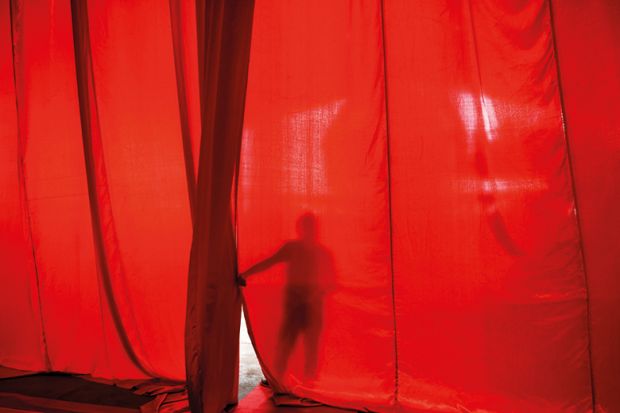Academics have criticised a top Indian university for seemingly distancing itself from a controversial paper written by a faculty member, saying the episode reflects a concerning amount of political pressure on India’s private universities.
The study by Sabyasachi Das, an assistant professor of economics, accused India’s ruling party of manipulating the 2019 election results. After the paper drew heated online debate, Ashoka University issued a statement, saying it was “dismayed by the speculation and debate” around the study and its position on it.
Ashoka cautioned over too hasty an interpretation of Dr Das’ research, which it emphasised had yet to undergo peer review. “Social media activity or public activism by Ashoka faculty, students or staff in their individual capacity does not reflect the stand of the university,” it said.
Some scholars have questioned Dr Das’ findings, citing methodological concerns over the paper, which has been downloaded more than 22,000 times from a preprint repository.
But academics speaking with Times Higher Education said that, regardless of the paper’s validity, Ashoka’s response was concerning.
“The issue, it seems to me, is not whether the scholarship is ‘valid’ or not,” said Satyajit Rath, an emeritus professor from the Indian Institute of Science Education and Research, Pune (IISER). “That is a judgement that the academic field will make. The issue is that the university apparently felt it was necessary to undertake pre-emptive self-censorship.”
Aurnab Ghose, a biology and chemistry professor at IISER, agreed that the paper’s “value and veracity” would emerge over time. Still, he said that the “reality it reflects is, however, worrisome”.
“For Ashoka leadership to cite pending peer review as their reason for formal and hasty distancing from the work is a disingenuous attempt at misdirection from the real issue – the extreme unease of Ashoka with anything that may tarnish its image,” he said.
Professor Ghose noted that, while India’s private institutions have more autonomy than public ones, even they have bounds. He thought Ashoka’s response could be an attempt to cater to the “privileged upper-class” students it relies on.
“Does Ashoka’s hasty and unsubstantiated distancing reflect a new normal where any whiff of criticism of the government is repugnant to the liberal elite?” he asked.
Rahul Roy, a maths professor at the Indian Statistical Institute, Delhi, was more sceptical, noting that Ashoka students had been broadly supportive of Dr Das, with many signing a petition backing him. But he said the university had a bigger consequence to fear.
“I think there’s something else there,” he said. “Ashoka…gets foreign funding. The government nowadays can just stop foreign funding of any organisation.”
In 2020, the government froze bank accounts belonging to Amnesty International and other large non-governmental organisations, forcing them to halt work in the country.
Even so, a good portion of scholars remained cynical about the paper and alignment of academics for or against the paper. Deepti Acharya, an assistant professor of political science at the Maharaja Sayajirao University of Baroda, took the academic pile-on with a large pinch of salt.
“I think whoever has commented in whatever direction has not commented on academic grounds,” she said. “The grounds are political.”
Register to continue
Why register?
- Registration is free and only takes a moment
- Once registered, you can read 3 articles a month
- Sign up for our newsletter
Subscribe
Or subscribe for unlimited access to:
- Unlimited access to news, views, insights & reviews
- Digital editions
- Digital access to THE’s university and college rankings analysis
Already registered or a current subscriber? Login








